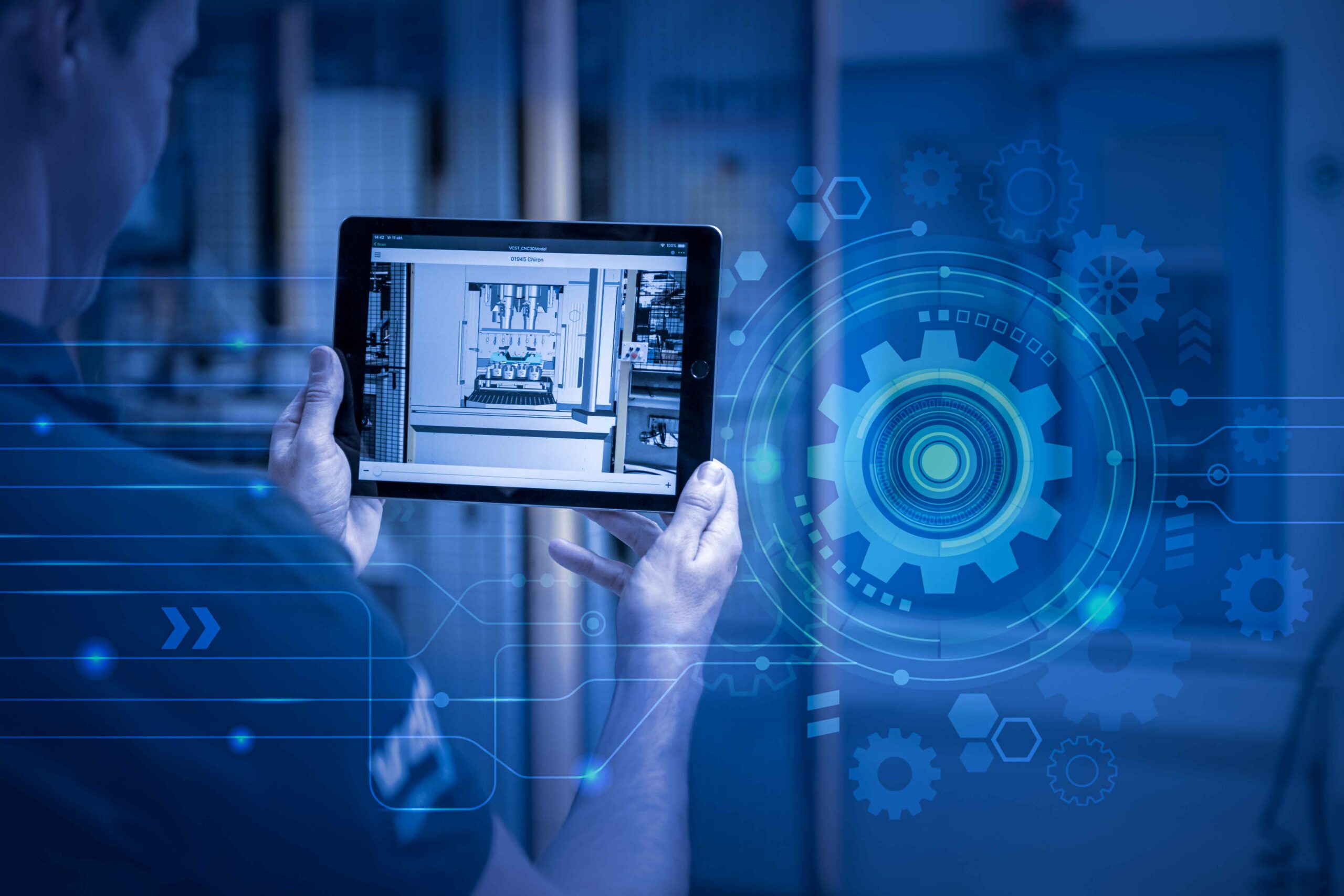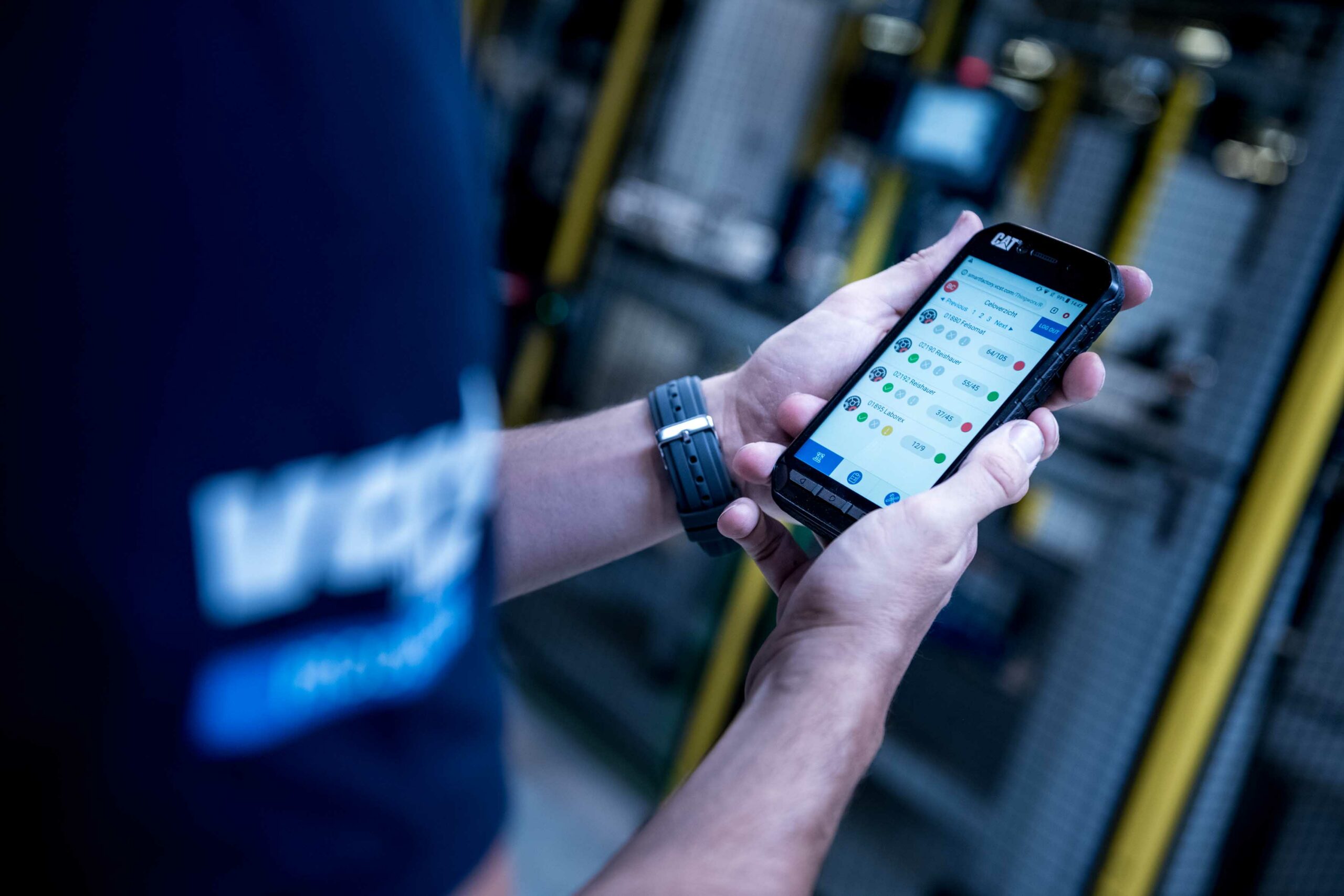Smart Factory: using data to keep advancing
22 July, 2020
These days, more and more companies are looking at opportunities for digital transformation. In doing so, they look at where they can maximise the use of technology to boost their efficiency even further. For the last two and a half years VCST has done that too starting up what has become in the meantime our Smart Factory program. We, together with our consulting partner AdUltima, were given the opportunity to elaborate on this in a recent webcast, organised by PTC, developers of the technology behind Smart Factory. In the article below, we will give an overview of what was discussed.
How to deal with the challenges?
As we are active in the automotive industry, we face various challenges that tend to complicate our production process. Firstly, there are the high quality standards with regards to critical components. Tied to that challenge is cost. After all, these standards have to be reached while keeping costs as low as possible. Furthermore, as cars are becoming more and more sophisticated, there is a demand for more noise restriction, a theme in which we are already very skilled. And finally, in the automotive industry, high volumes are the norm. That means we have to able to reduce the risk to an absolute minimum.
In order to deal with these challenges, we set up a number of objectives. First and foremost, we defined and improved our KPI’s. Indeed, we saw the need for a more end-to-end visibility so that our common goal was visible across all our departments. Next, we introduced a closed-loop system to further improve our quality levels. Finally, we wanted to come up with a solution that would we applicable in the other divisions of the BMT Group as well.

What has been done so far?
Around 2,5 years ago, to meet our challenges and objectives, we decided to look at the potential that Industry 4.0 could bring us. In July of 2018, we installed a proof of concept using ThingWorx as the IT-platform because we were already working with a PLM system from PTC. Also, there is a native connection between these two systems. The project ran just over a year when, in September 2019, we presented the results of our proof of concept and were given permission to start up the Smart Factory program in one department. Now, after nearly a full year of the pilot program, we intend to go live with the complete system in mid-September of 2020.
Reaping the rewards
So what will Smart Factory bring us? More detailed production and more valuable information about our gears and components. For instance, data gathered during the production process will already give us detailed information about the quality level of our gears and components. This is thanks to the IT-platform which creates a digital twin of the shop floor and is therefore able to provide us with data and information taken directly from the machine. Aside from that, we are also aiming for increased connectivity between our machines, measuring tools, systems and our people.

In short, using Smart Factory, we can guarantee the quality of our gears in incredibly advanced ways. Embracing and using technology and digital transformation will allow us to expand our expertise even further. That way, we can keep moving ahead.

